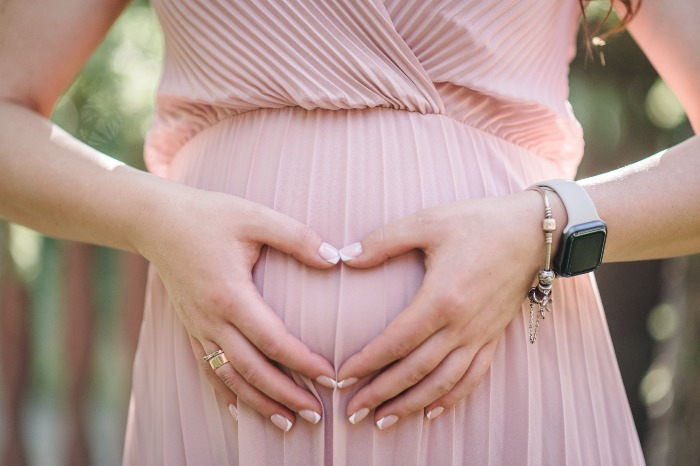Korean startups
Korea’s fertility startups gain traction with advanced technologies
Ventures draw market attention with ovarian reserve diagnosis, sperm-friendly lubricants and AI-powered embryo evaluation
By Sep 12, 2023 (Gmt+09:00)
2
Min read
Most Read
LG Chem to sell water filter business to Glenwood PE for $692 million


Kyobo Life poised to buy Japan’s SBI Group-owned savings bank


KT&G eyes overseas M&A after rejecting activist fund's offer


StockX in merger talks with Naver’s online reseller Kream


Mirae Asset to be named Korea Post’s core real estate fund operator



South Korea’s fertility startups are garnering attention from investors with innovative technologies such as self-testing of ovarian health, sperm-friendly lubricants that aid fertilization and artificial intelligence-powered embryo evaluation in the country grappling with the world’s lowest fertility rate.
Samsin, which develops ovarian reserve self-test kits, is among the 40 startups that will give investor relations (IR) pitches and operate booths at Comeup Stars in November. Comeup Stars is Korea’s largest annual forum for global startups that connects promising ventures with VC firms.
Samsin’s diagnostic kit can check ovarian age, an indicator of the health of the organ before the egg-freezing process. The company collects the patient's blood, analyzes the level of anti-mullerian hormone (AMH) and can notify the patient of their ovarian reserve level within three days of the collection.
Greenish Inc. is among the 100 startups for mentorship at the event. The company produces lubricants that enhance the movement and survival of sperm. The lubricants can temporarily adjust the vaginal potential of hydrogen (pH) and protect sperm in the vagina, says Chief Executive Insung Sung.
Kai Health obtained the European Union’s medical device certification, the Conformité Européenne mark, for its AI-based embryo assessment tool earlier this month.
The device, dubbed Eve, helps embryologists select the best timing to inject embryos for better in vitro fertilization (IVF) outcomes and select the embryos that have the highest chance of leading to a successful pregnancy, says Chief Executive Hyejun Lee.
Korea’s fertility rate hit its trough of 0.7 in the second quarter, according to Statistics Korea last month. It matched the historic low of 0.7, the world’s lowest, touched in the fourth quarter of last year, since the relevant data began to be compiled in 2009.
The number of fertility treatments in the country increased to about 170,000 last year from 130,000 in 2019.
The Korean government should be active in lifting regulations on using fertility technologies, industry watchers say. Samsin’s diagnostic kits are not currently available on the market without a doctor’s prescription. The company applied for a regulatory sandbox in June for exemption but has not yet received approval.
Write to Eun-Yi Ko at koko@hankyung.com
Jihyun Kim edited this article.
More to Read
-
 EconomyS.Korea’s birth rate at record low despite rebound in marriages
EconomyS.Korea’s birth rate at record low despite rebound in marriagesAug 30, 2023 (Gmt+09:00)
2 Min read -
 EconomyS.Korea mulls adding national pension benefits to raise birth rate
EconomyS.Korea mulls adding national pension benefits to raise birth rateMay 31, 2023 (Gmt+09:00)
1 Min read -

-
 EconomyS.Korea hits historic low fertility rate in 2022, adding to economic woes
EconomyS.Korea hits historic low fertility rate in 2022, adding to economic woesFeb 22, 2023 (Gmt+09:00)
2 Min read
Comment 0
LOG IN


